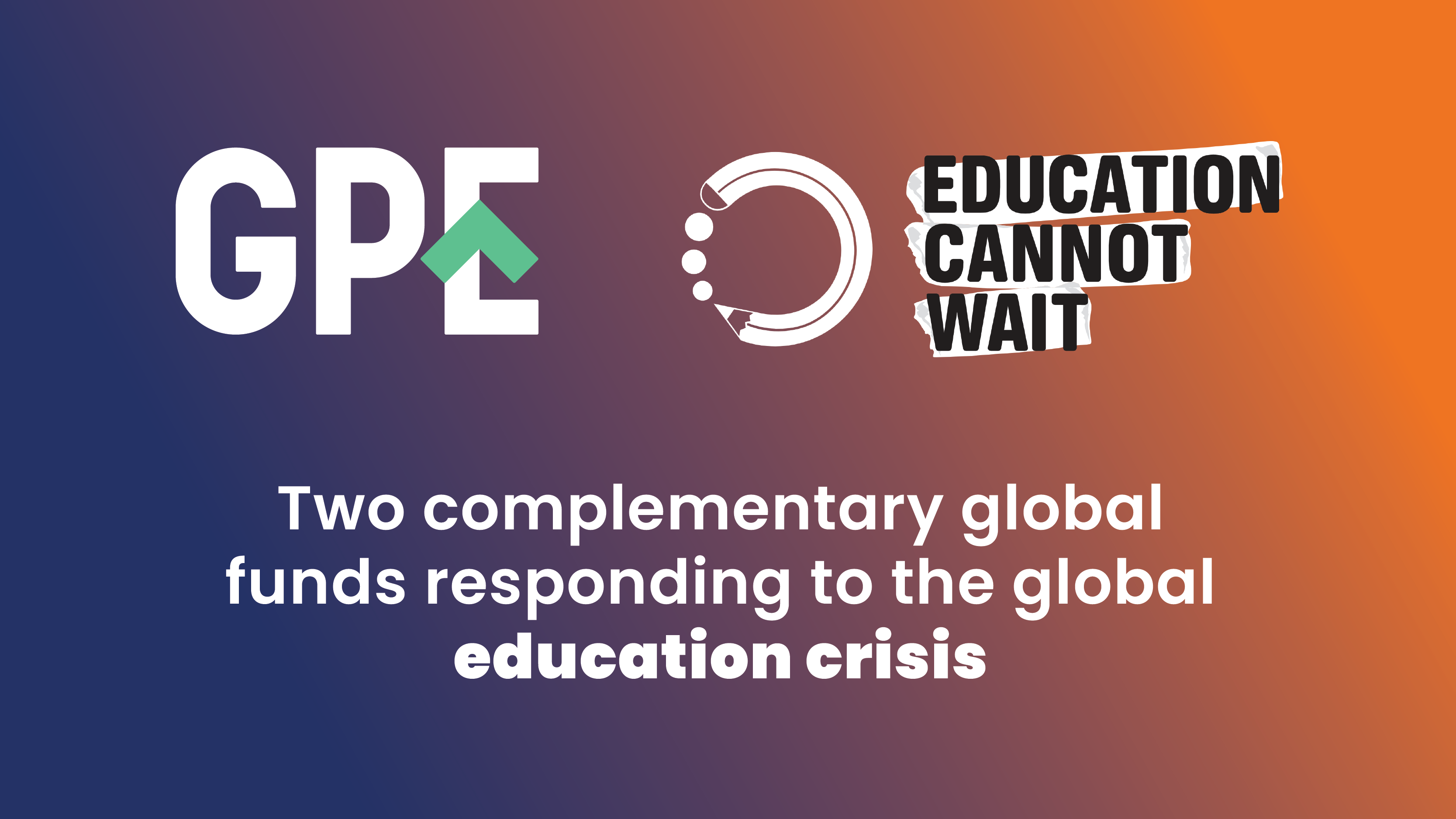A New Way of Working in Lebanon

Philippe Lazzarini, deputy un special coordinator, un resident and humanitarian coordinator and UNDP resident representative for Lebanon explores the humanitarian-development nexus for education in crisis
On the new way of working….
I like to call it THE WAY of working. There is no other way to deliver results. We have to work together and need joint programming towards collective outcomes to make an impact for populations and countries in need. This way of working requires a shift in attitude to better identify needs and determine goals in emergencies and protracted crises, collectively.
With respect to coordination and joint work, Lebanon sets a good example where key UN organizations and NGOs talk to each other both from the humanitarian and development sides. Most of them have both humanitarian and a development functions within their structures, so they understand.
There should be no humanitarian and a development divide in education. We need to stop talking about separate humanitarian and development agendas in education. We just need to focus on the immediate, medium and long-term needs for children and youth through multi-year commitments and work towards collective outcomes or collective results.
The UN and the World Bank in Lebanon have established a Compact, defining collective outcomes in six pillars, of which one is quality education. We have established a Common Country Assessment and shared leadership. This is a positive example of the humanitarian-development nexus where education is also a priority.
EDUCATION IN LEBANON
In Lebanon we have a highly diverse presence of humanitarian and development actors contributing to mitigate crisis and urgent needs, while also contributing to long-term stability – which is an overarching goal.
Although we now have 200,000 Syrian students absorbed in Lebanese public schools, we have approximately 300,000 more who are out of school, largely girls and youth over 14 years old.
I met a young boy in his teenage years the other day: he has been out of school for the past eight years since he and his family fled Syria. We are losing an entire generation, which may have an impact on the overarching goal of long-term stability.
I believe that Education Cannot Wait (ECW) has a very important role to play both to Lebanon and in other countries across the region. ECW’s financial resources and investments focus on quality education and powerful political advocacy, making ECW an impressive vehicle to influence and bring change.
ECW’s approach to bridging humanitarian action and development in the education sector through multi-year plans bring predictability and trust. Stakeholders know that ECW’s investments will not be dismantled after a year, but will provide continuity and quality.
SDG 4 – QUALITY EDUCATION
ECW came about right on time, as the UN system gears up to achieve the 2030 Agenda for Sustainable Development. Quality education or SDG 4 is indispensable to achieving all the SDGs and should not have been a separate SDG in that sense, rather it is all-encompassing. I can understand though that we need SDG 4 to measure progress. But again, quality education is the premise to realize each of the other SDGs.
So my message to all is to work with Education Cannot Wait if you want to be successful in achieving the 2030 Agenda, since as all sectors require the basis of quality education to see real development led by prepared and able human capital. Education cuts across all sectors.
ENDING EXCLUSION
Let me say that ECW is an inspiration for all those who are excluded from the education system. Many in the region who live in low-income countries are excluded from schooling. In 2017, the education sector was 70 per cent funded but we did not count the carry over (deficit from unfunded appeals from previous years). Compared to overall humanitarian appeals funding, education in Lebanon stood at 19 per cent for 2017, and it currently stands at 17 per cent of total funds received (2018).
We take education seriously in Lebanon.
Philippe Lazzarini is assigned by the UN Secretary-General as the Deputy UN Special Coordinator for Lebanon (UNSCOL), UN Resident and Humanitarian Coordinator for Lebanon and the United Nations Development Program Resident Representative. He has extensive experience in humanitarian assistance and international coordination in conflict and post-conflict areas at senior levels, including through his latest assignment in the United Nations Assistance Mission in Somalia as Deputy Special Representative, Resident and Humanitarian Coordinator.

More featured content



